- BlackVoter.Org
- Posts
- BlackVoter.Org
BlackVoter.Org
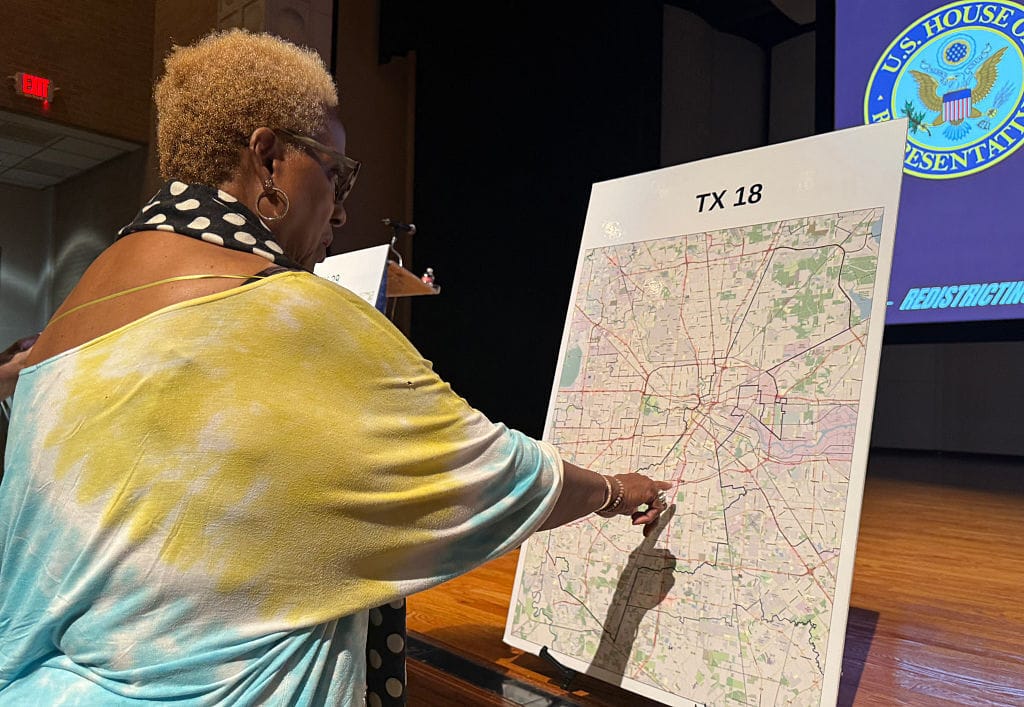
A racial gerrymandering lawsuit has emerged against Texas, as civil rights groups take aim at the state's newly redrawn congressional maps—a strategic move by Republicans intended to secure five new House seats for the upcoming midterms. Filed by the NAACP and Lawyers Committee for Civil Rights, the lawsuit alleges that the redistricting violates the Civil Rights Act of 1965 by deliberately reducing the political influence of Black and Hispanic voters.
The challengers argue the new map dismantles significant coalition districts where minorities collectively outnumber white voters. Texas officials defend the map as a partisan strategy rather than racial discrimination.
The ensuing legal battle highlights the high-stakes game of redistricting, with implications extending beyond Texas, as states like California consider their own responses to the GOP's maneuvering. As the court hearing approaches, all eyes are on whether the judges will order a map revision that could reshape the political landscape in 2026.

/
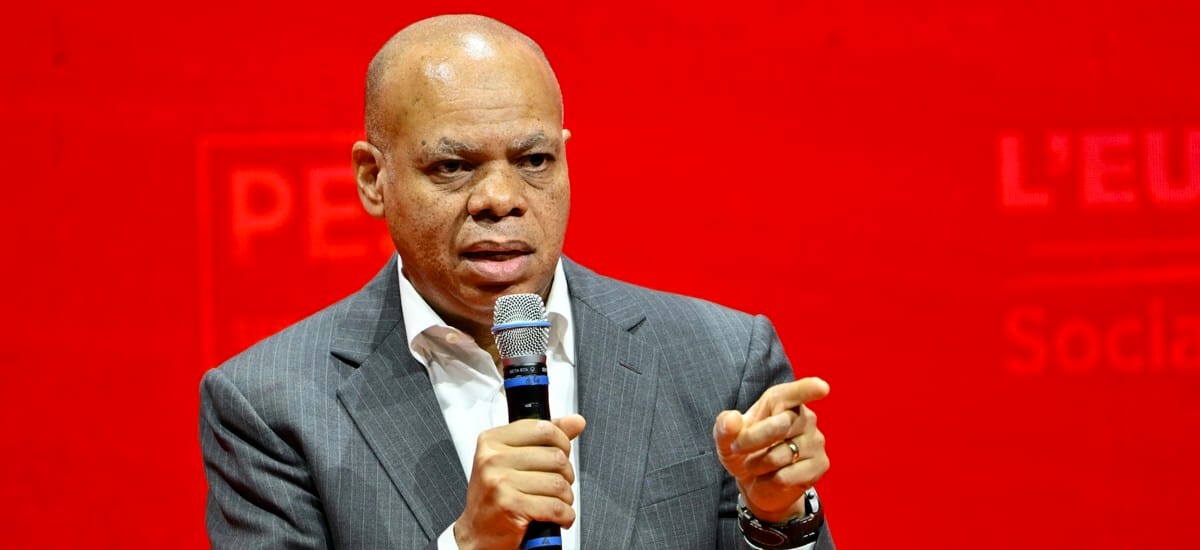
In a candid interview with City & State, Patrick Gaspard—former Obama aide and veteran of NYC politics—shares insight as an informal adviser to mayoral hopeful Zohran Mamdani. Gaspard asserts that the recent campaign has unveiled the “entire machinery” of New York City politics, emphasizing how traditional endorsements didn’t sway voters in Mamdani’s favor.
Despite lacking backing from key Democratic figures, Mamdani energized the electorate with over 40,000 volunteers and historic primary turnout, underscoring a shift towards grassroots participation. Drawing parallels between Mamdani and Obama, Gaspard praises Mamdani’s vision for the future rather than dwelling on the past, expressing confidence in his ability to build effective coalitions once in office.
Gaspard’s commitment to empowering New Yorkers remains steadfast, as he believes the city is ripe for renewal through diverse voices and fresh leadership.
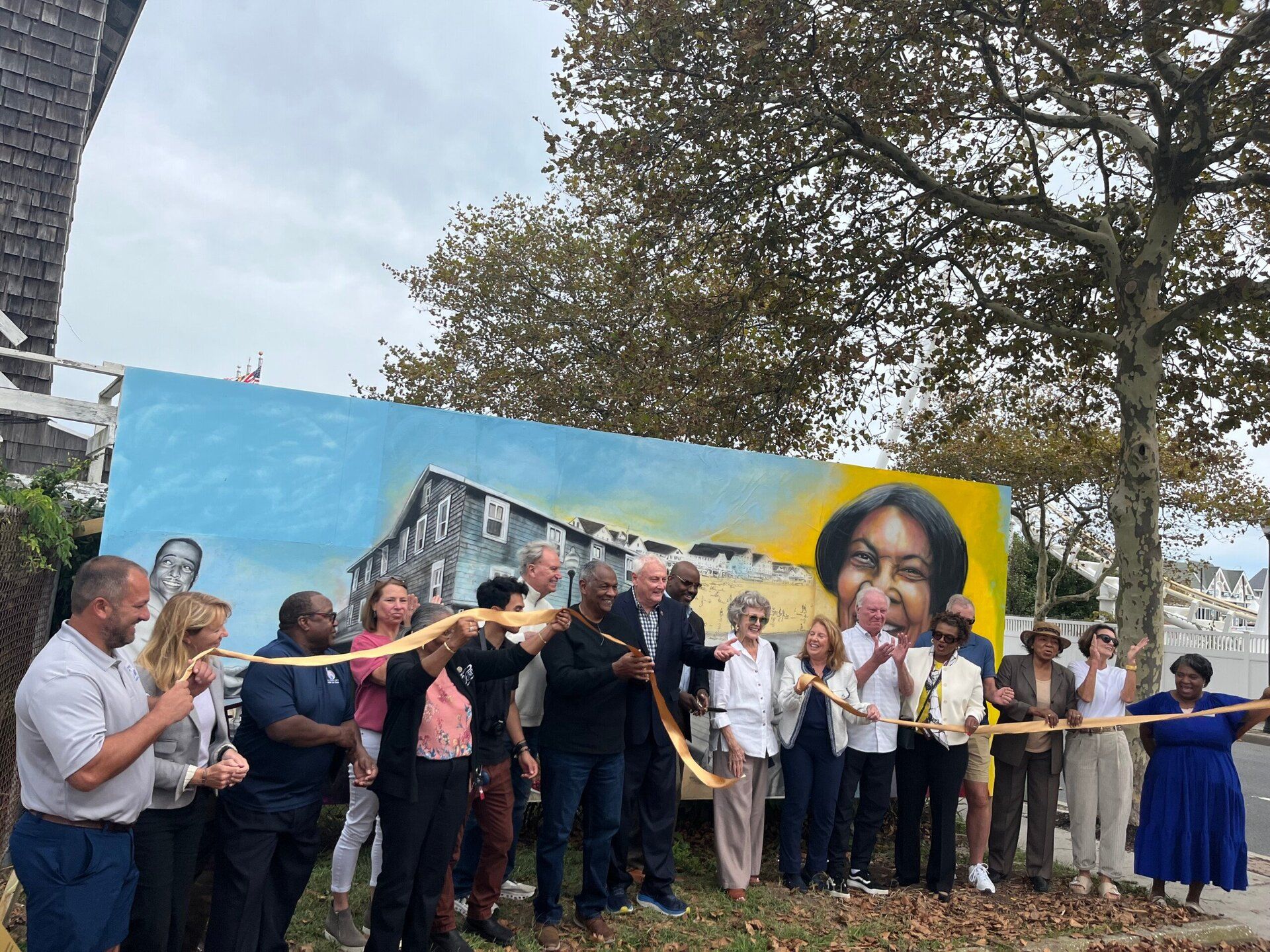
In a vibrant celebration of history and culture, Ocean City unveiled a striking new mural honoring the African American community, coinciding with the town's 150-year anniversary. Positioned outside the Henry Hotel, a historic venue for African American performers, this mural captures the vital contributions of Black individuals to the resort's foundational years.
Clara Smalls, a historian, emphasized its significance for preserving a vital piece of local history. The mural, created by artist Jay Coleman using innovative techniques with polytab material, is strategically placed to attract the attention of passersby on Baltimore Avenue.
Local officials, including Lisa Challenger of the Beach to Bay Heritage Area, gathered for the official ribbon-cutting, urging visitors to engage further with the mural through an on-site QR code. This artistic endeavor not only beautifies the area but also serves as a poignant reminder of the enduring legacy of Ocean City's African American community.
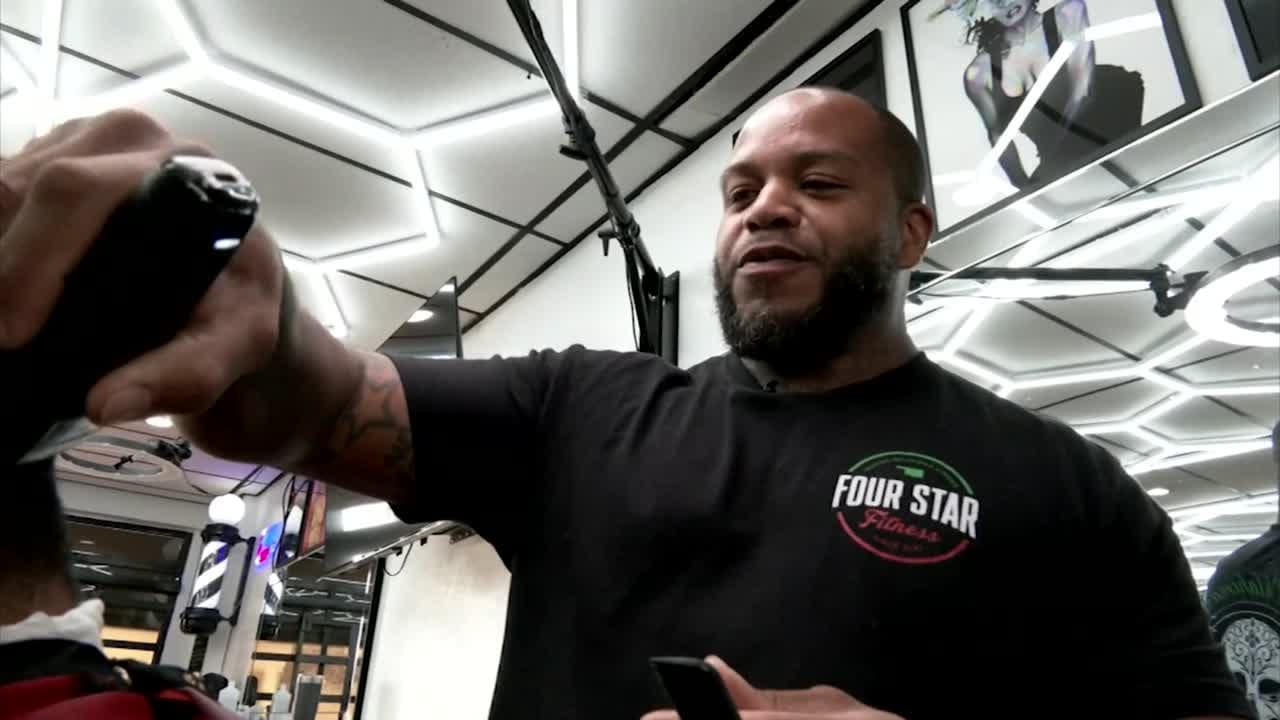
As a potential government shutdown looms for the first time in over six years, Midwest City business owner Demontre Heard is expressing deep concern for the economic fallout. The leader of The Barbers Market, formerly a soldier, recalls the painful impacts of a previous shutdown, where military and government workers went unpaid for days.
“We work harder than people in politics,” Heard states, voicing frustration at Congress while stressing that their decisions directly affect small businesses like his. With a notable clientele from nearby Tinker Air Force Base, he understands the ripple effect on local economies: “If they don’t get paid, we don’t get paid.
" Heard’s passionate plea emphasizes the importance of government employees and the real-world consequences of political gridlock, reminding us that every decision made impacts not just Washington, but communities across the country.

In a surprising turn of events, the Supreme Court has allowed Lisa Cook to continue serving as a Federal Reserve governor, rejecting the Trump administration's immediate bid to oust her. This decision maintains the status quo while the court prepares to hear arguments in January about Trump’s attempt to remove Cook, who argues that her firing would infringe on her rights.
Cook, who was appointed by President Biden, has stood firm against the accusations of mortgage fraud leveled by Trump, maintaining her integrity and vowing not to be “bullied.” With the Fed meeting approaching, Cook's role remains pivotal as she participates in critical decisions impacting the nation's economy.
This situation marks a unique legal battle in the Fed's history, highlighting the ongoing tensions between political influence and the independent nature of the central bank. Cook is determined to uphold her duties and defend her position, signaling a potential shift in the power dynamics at the Fed.
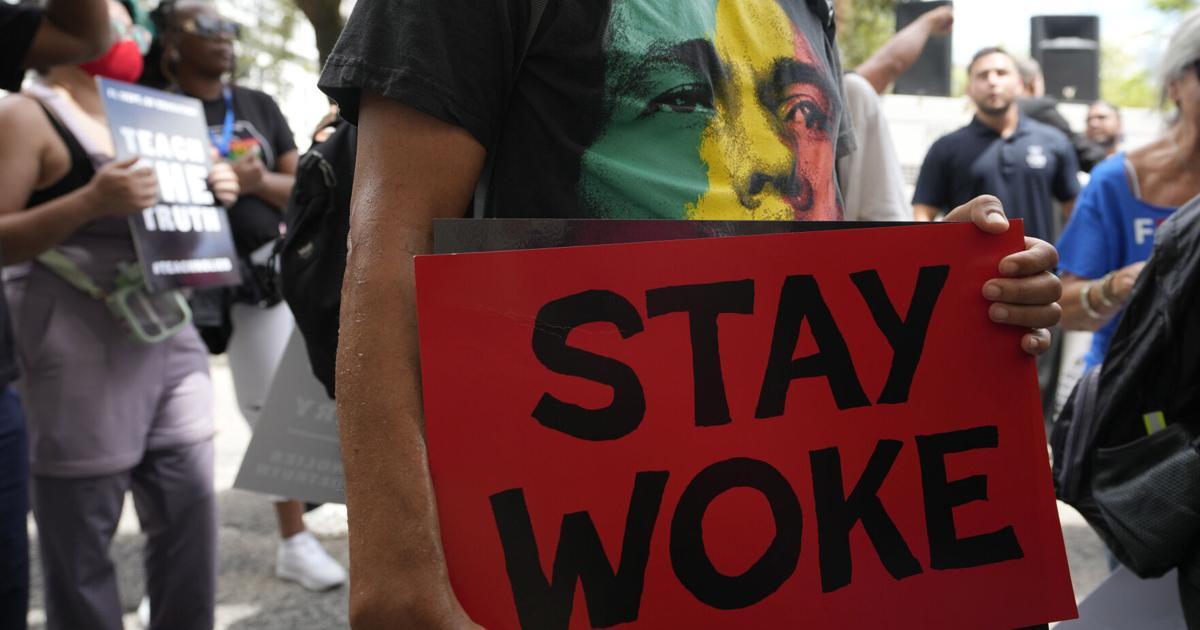
The term "woke," originating as a positive affirmation within Black culture, has morphed into a contentious label in today's political landscape, primarily used by conservatives to criticize perceived excesses in political correctness. Initially touted as a call to social consciousness and awareness of racial injustices, the concept of staying "woke" has been co-opted in recent years, especially by some Republicans, who wield it as a pejorative to deride individuals and policies seen as overly progressive.
Notably, Florida's "Stop WOKE Act," signed by Governor Ron DeSantis, exemplifies this shift, reflecting ongoing cultural tensions surrounding discussions of race and inclusivity. As the debate intensifies, "woke" serves as a flashpoint, illustrating how language and meaning can evolve in the realm of political discourse.
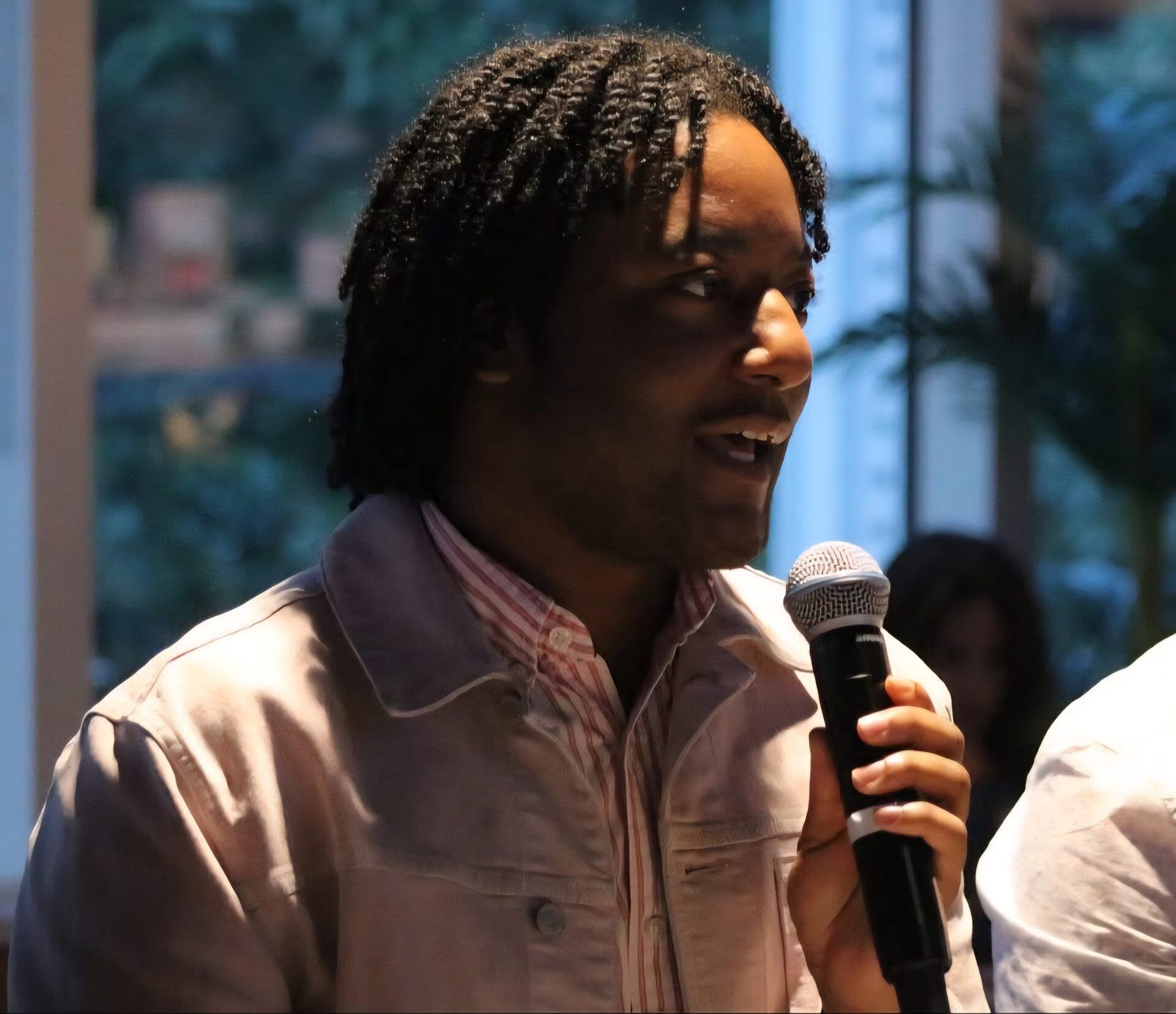
In recent years, Georgia Republicans have reported an intriguing uptick in support from Black voters, particularly young Black men. Though many polls suggest otherwise, GOP leaders assert that the momentum sparked by Trump’s presidency is fostering interest in their party.
Figures like Camilla Moore, chair of the Georgia Black Republican Council, highlight a 25% increase in sign-ups, mostly among independents open to voting Republican. Black men, driven by a desire for economic independence, are increasingly drawn to the GOP's messaging, even if they shy away from formal affiliation.
This shift holds critical implications for upcoming elections, as even slight gains in Black support could thwart Democratic hopes in a state where Black turnout was pivotal in previous contests. As GOP engagement strategies evolve, all eyes will be on how these political dynamics unfold in Georgia's vibrant political landscape.